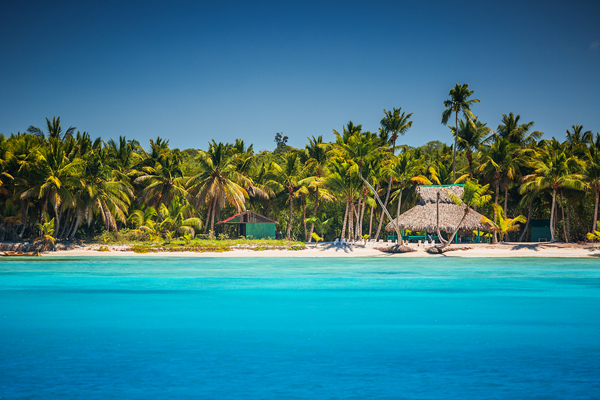
Retiring in Punta Cana, Dominican Republic, is a dream come true for many international retirees. The allure of the tropical climate, the laid-back lifestyle, and the affordable cost of living are just a few reasons why people choose to spend their golden years here. However, like any other place, retiring in Punta Cana comes with its own set of challenges. This article will delve into the best aspects of retiring in Punta Cana, as well as some of the challenges retirees may face.
Affordable Living
The cost of living in Punta Cana is one of its biggest attractions for retirees. Compared to many Western countries, the cost of housing, groceries, and healthcare is significantly lower. For instance, a comfortable two-bedroom apartment in a good neighborhood can be rented for as low as $500 per month. However, it’s important to note that imported goods can be quite expensive due to high import taxes.
Tropical Climate
Punta Cana boasts a tropical climate with warm temperatures throughout the year. The average temperature ranges from 77°F in the winter to 82°F in the summer. However, the region is prone to hurricanes from June to November, which is something retirees should consider when planning their move.
Healthcare Facilities
Healthcare in Punta Cana is generally good, with several private hospitals and clinics offering a range of services. However, it’s important to note that while healthcare costs are lower than in many Western countries, they can still be significant, especially for complex treatments. Therefore, having a good health insurance plan is crucial.
Public Healthcare System
While the Dominican Republic does have a public healthcare system, it is often under-resourced and overcrowded. Therefore, most international retirees opt for private healthcare. It’s also worth noting that while some doctors speak English, many only speak Spanish, so learning the language can be beneficial.
Residency Options
The Dominican Republic offers several residency options for retirees. The most popular is the temporary residency visa, which can be renewed annually. After five years of temporary residency, retirees can apply for permanent residency.
Recreational Activities
Punta Cana offers a plethora of recreational activities for retirees. From golfing and fishing to hiking and bird watching, there’s something for everyone. The region is also home to several beautiful beaches, perfect for relaxing and soaking up the sun.
Local Cuisine
Retirees in Punta Cana can enjoy a variety of local and international cuisines. Some popular local restaurants include La Yola, which offers stunning sea views and delicious seafood, and Jellyfish Restaurant, known for its fresh fish and beachfront location.
Language Learning
While many locals in Punta Cana speak English, learning Spanish can greatly enhance your experience. There are several language schools in the area, such as the Hispaniola Spanish School, which offers intensive Spanish courses for all levels.
Local Culture
The locals in Punta Cana are known for their friendliness and hospitality. The city has a relaxed, laid-back vibe, and it’s common to see locals and tourists mingling in the city’s many bars and restaurants.
Meeting People and Volunteering
Meeting new people in Punta Cana is easy, thanks to the city’s vibrant expat community. There are several clubs and organizations where retirees can meet like-minded individuals. Volunteering is also popular, with organizations like the Punta Cana Ecological Foundation offering opportunities to give back to the community.
Housing Options
Most retirees in Punta Cana opt for apartments or condos, which are plentiful and affordable. Many choose to live in gated communities, which offer additional security and amenities. Some popular neighborhoods for retirees include Bavaro and El Cortecito.
Transportation
While having a car in Punta Cana can be convenient, it’s not necessary. The city has a reliable public transportation system, and many areas are walkable. Taxis and ride-sharing services are also readily available.
In conclusion, retiring in Punta Cana offers a unique blend of tropical beauty, affordable living, and a vibrant expat community. However, it’s important for retirees to do their research and plan accordingly to ensure a smooth transition to their new life in the Dominican Republic.


